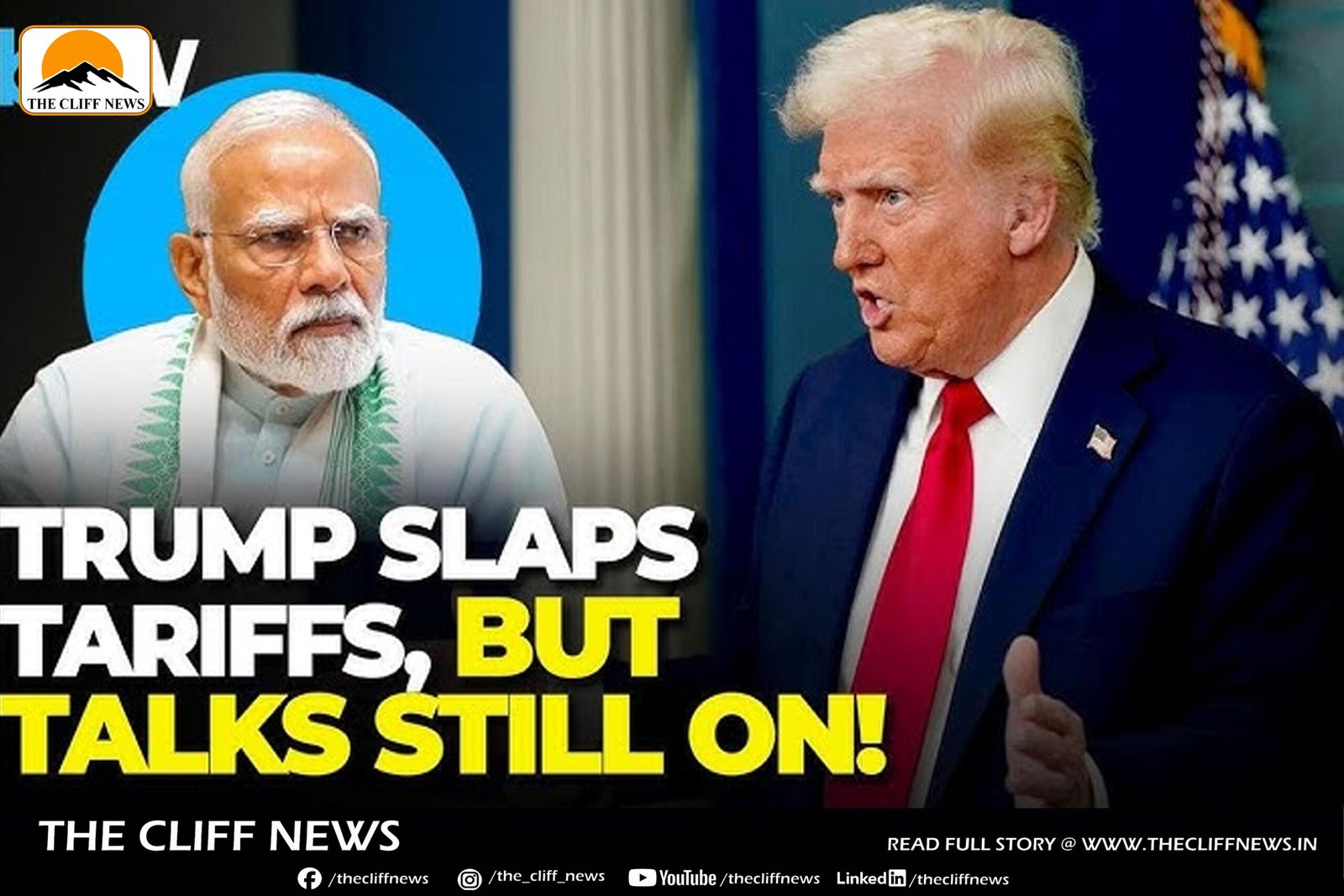U.S. President Donald Trump on Wednesday imposed 25% tariffs on imports from India along with an unspecified “penalty,” but India has remained largely unfazed by the move. While the U.S. has been actively securing trade deals with other nations like Japan—focused on expanding market access for American automobiles and agricultural products—India has taken a more cautious stance, especially when it comes to its domestic agricultural sector.
India’s reluctance stems from its aim to protect local farmers, a significant electoral base. In its recent trade deal with the U.K., New Delhi successfully shielded sensitive agricultural sectors from tariff reductions. Likewise, India has shown no urgency to conclude a deal with the U.S., despite the recent tariff hikes.
Carlos Casanova, senior economist at UBP, explained that India’s exports to the U.S. are not substantial enough to pressure New Delhi into quick compromises. In 2024, U.S. goods imports from India stood at $87.4 billion. Opening India’s agricultural sector to American firms—especially those dealing with genetically modified foods and dairy—remains a political and economic non-starter.
Commerce and Industry Minister Piyush Goyal emphasized in a CNBC interview that India is deeply committed to protecting its farmers and MSMEs (Micro, Small, and Medium Enterprises). He also reiterated that India does not negotiate trade deals based on artificial deadlines but on national interest. Goyal expressed confidence that a balanced trade agreement could be reached by the October-November 2025 timeframe.
Experts like Jayant Dasgupta, India’s former ambassador to the World Trade Organization, pointed out that India’s stance on agriculture is uncompromising. There is little room for concessions, particularly on genetically modified food products and dairy imports.
Meanwhile, Harsha Vardhan Agarwal, President of the Federation of Indian Chambers of Commerce & Industry (FICCI), acknowledged that higher U.S. tariffs would affect Indian exports but remained optimistic that a long-term agreement could eventually be reached.
Strategically, India continues to be a valuable partner for the U.S. in the broader Indo-Pacific region. Analysts say Washington is unlikely to alienate New Delhi, especially as it seeks to counter China’s growing global influence. As part of the “China plus one” manufacturing strategy, India is seen as a viable alternative hub. The U.S. may retain control of high-end manufacturing, while India supports lower-cost production, creating a symbiotic economic relationship.
According to Vishnu Varathan of Mizuho Bank, shifting manufacturing to India can help the U.S. reduce dependency on China while maintaining global supply chain resilience. In doing so, India may enhance its strategic position, supporting U.S. interests while carefully navigating its own diplomatic and economic priorities.



